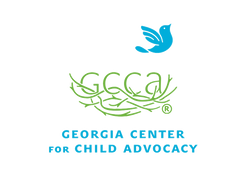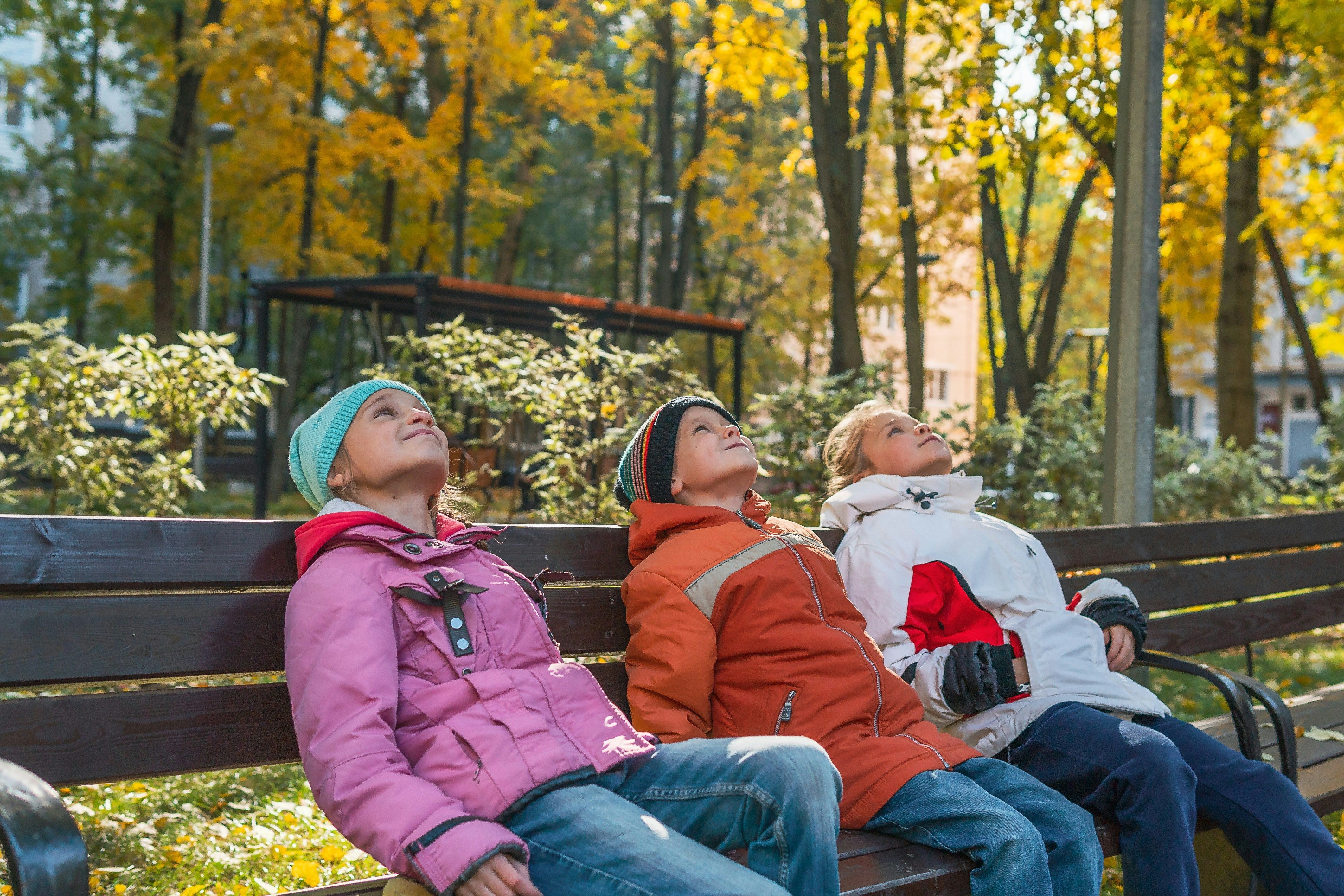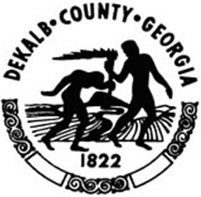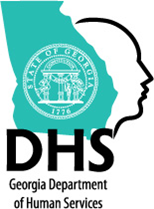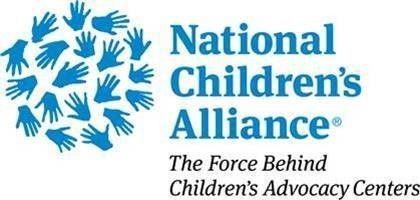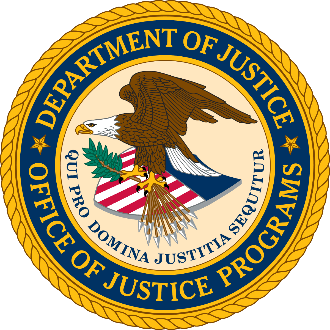It is believed that less than 10% of those victimized by child sexual abuse will ever tell anyone of their abuse. The result will be issues that last a lifetime.
We must break the silence surrounding abuse, whether it is sexual or physical, and that children are protected. If you believe that a child is being abused, or if you are a child who is being abused, please contact your local law enforcement agency as soon as possible. Getting this secret out into the open is the first step towards healing.
Why Children Don’t Tell
Children are usually abused by those who are stronger or more powerful than they are, so telling someone about their abuse can be terrifying. For physical abuse, the abuse is usually more evident…a child has marks or broken bones. For children who are sexually abused, there are usually no signs or symptoms. It is up to the child to disclose their abuse, either to a trusted adult or to another child who may, in turn, tell an adult. Because most perpetrators of abuse will deny the abuse, and others do not witness most abuse, the child’s statement about what happened to them becomes a critical part of any investigation of abuse. This is why the child must be interviewed in a manner that is objective and non-leading and conducted by someone with specific training in forensic interviews of children.
At the Georgia Center for Child Advocacy, we can only provide forensic interviews and evaluations upon referral from a law enforcement agency and/or the Department of Family and Children’s Services.
